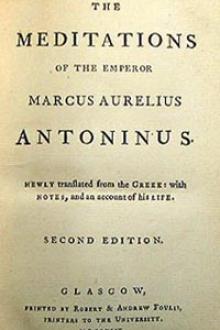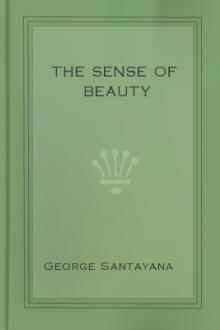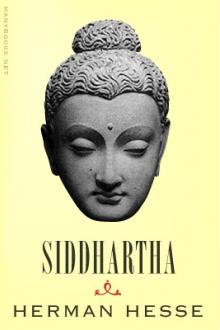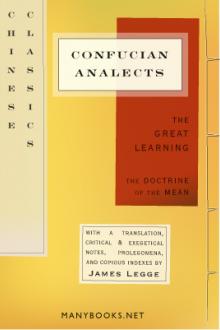Meditations
Meditations
Translated by Long, with a Biographical Sketch.
Book Excerpt
ttalus, a Christian and a Roman citizen, was loudly demanded by the populace and brought into the amphitheatre; but the governor ordered him to be reserved, with the rest who were in prison, until he had received instructions from the emperor. Many had been tortured before the governor thought of applying to Antoninus. The imperial rescript, says the letter, was that the Christians should be punished, but if they would deny their faith, they must be released. On this the work began again. The Christians who were Roman citizens were beheaded; the rest were exposed to the wild beasts in the amphitheatre.
The war on the northern frontier appears to have been uninterrupted during the visit of Antoninus to the East, and on his return the emperor again left Rome to oppose the barbarians. The Germanic people were defeated in a great battle A.D. 179. During this campaign the emperor was seized with some contagious malady, of which he died in the camp, A.D. 180, in the fifty-ninth year of his age. His son Commo
Editor's choice
(view all)Popular books in Religion, Philosophy
Readers reviews
5.0
LoginSign up
The Roman Emperor Marcus Aurelius wrote his 'Thoughts' between 170 and 180. Other titles assigned to the same book are: 'Personal Notes', 'Meditations', 'The Meditations of Marcus Aurelius' et al. It is one of the few complete works of a late Stoic philosopher that still exists today. He wrote his 'Thoughts' as personal notes for himself. He writes about solidarity, physical adversity, good and evil, inner freedom and more. 'Thoughts of Marcus Aurelius' is a book full of wisdom that brings comfort and contemplation; it is moving and inspiring. I highly recommend it.
This edition was translated by George Long in 1862. The book does contain a biography of Marcus Aurelius. The 'Thoughs' of Marcus Aurelius are grouped in 12 'books' (chapters). The first book is clearly different from the other eleven; it is a 'thank you' to people who have had a good influence on him. For example: 'From my grandfather Verus (I learned) good morals and the government of my temper.' (I.1). The other eleven books contain his notes. His Stoic philosophy emphasizes ethics, especially everyday problems.
Some quotations from this book:
Since it is possible that thou mayest depart from life this very moment, regulate every act and thought accordingly. (II.11)
Be cheerful also, and seek not external help nor the tranquillity which others give. A man then must stand erect, not be kept erect by others. (III.5)
Always run to the short way; and the short way is the natural: accordingly say and do everything in conformity with the soundest reason. For such a purpose frees a man from trouble, and warfare, and all artifice and ostentatious display. (IV.51)
This edition was translated by George Long in 1862. The book does contain a biography of Marcus Aurelius. The 'Thoughs' of Marcus Aurelius are grouped in 12 'books' (chapters). The first book is clearly different from the other eleven; it is a 'thank you' to people who have had a good influence on him. For example: 'From my grandfather Verus (I learned) good morals and the government of my temper.' (I.1). The other eleven books contain his notes. His Stoic philosophy emphasizes ethics, especially everyday problems.
Some quotations from this book:
Since it is possible that thou mayest depart from life this very moment, regulate every act and thought accordingly. (II.11)
Be cheerful also, and seek not external help nor the tranquillity which others give. A man then must stand erect, not be kept erect by others. (III.5)
Always run to the short way; and the short way is the natural: accordingly say and do everything in conformity with the soundest reason. For such a purpose frees a man from trouble, and warfare, and all artifice and ostentatious display. (IV.51)
- Upvote (0)
- Downvote (0)
it is great
11/13/2011
Popular questions
(view all)Books added this week
(view all)
No books found

 Free Download
Free Download



















